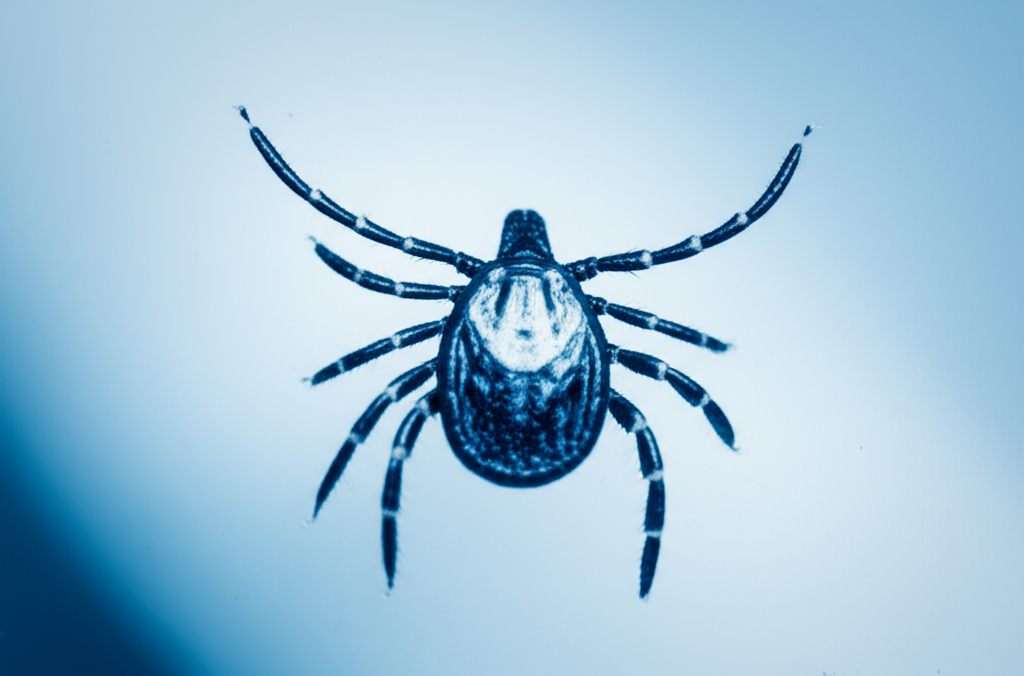Developing an allergy to a food you've always enjoyed can be a baffling and frustrating experience. If you've recently started noticing adverse reactions after eating beef, you're likely asking yourself: "Why now?" You're not alone. Adult-onset allergies are more common than you might think, and there are several reasons why this can happen.
This article explores the potential causes of sudden beef allergies in adults and what you can do about it. If you're also noticing symptoms in your children, our guide onBeef Allergy in Childrenmay be a helpful resource.
The Immune System Can Change
Your immune system is not static; it evolves throughout your life. Factors that can trigger a change in how your immune system responds to certain proteins, like those in beef, include:
- Environmental Changes:Moving to a new location with different environmental allergens can sometimes trigger changes in your immune system.
- Illness or Infection:A significant illness can sometimes "reset" your immune system, causing it to react differently to familiar substances.
- Hormonal Shifts:Hormonal changes, such as those during pregnancy or menopause, can also influence your immune response.
The Rise of Alpha-Gal Syndrome

[Detailed explanation of Alpha-Gal, its cause, and delayed reaction] The Lone Star Tick: Alpha-Gal Syndrome is triggered by the bite of a Lone Star tick. The tick transmits a sugar molecule called alpha-gal into your bloodstream.
- The Immune Response:Your body's immune system develops antibodies to this foreign sugar molecule. Because alpha-gal is also present in red meat (like beef, pork, and lamb), your immune system then reacts to the meat as if it were a threat.
- Delayed Reactions:A key feature of Alpha-Gal Syndrome is that the allergic reaction is often delayed, occurring 3-6 hours after consuming red meat. This can make it difficult to connect the symptoms to the cause.
If you've been bitten by a tick or spend time in areas where ticks are common, it's worth considering whether Alpha-Gal Syndrome could be the cause of your symptoms. For more detailed information, read our article onThe Tick Bite & Red Meat Allergy Link.
How to Get Answers
Regardless of the cause, the first step to managing a new allergy is getting a definitive diagnosis. An accurate test will confirm whether you have a beef allergy and help you and your doctor create a management plan.
While traditional allergy testing in a clinic is an option, an at-home rapid test provides a fast, convenient, and reliable way to get the answers you need. OurBeef Allergy Rapid Testis designed to detect the specific antibodies associated with a beef allergy, giving you a clear result in minutes.
Don't let uncertainty control your diet and well-being.Contact usto learn more about how our at-home testing solutions can provide the clarity you need.